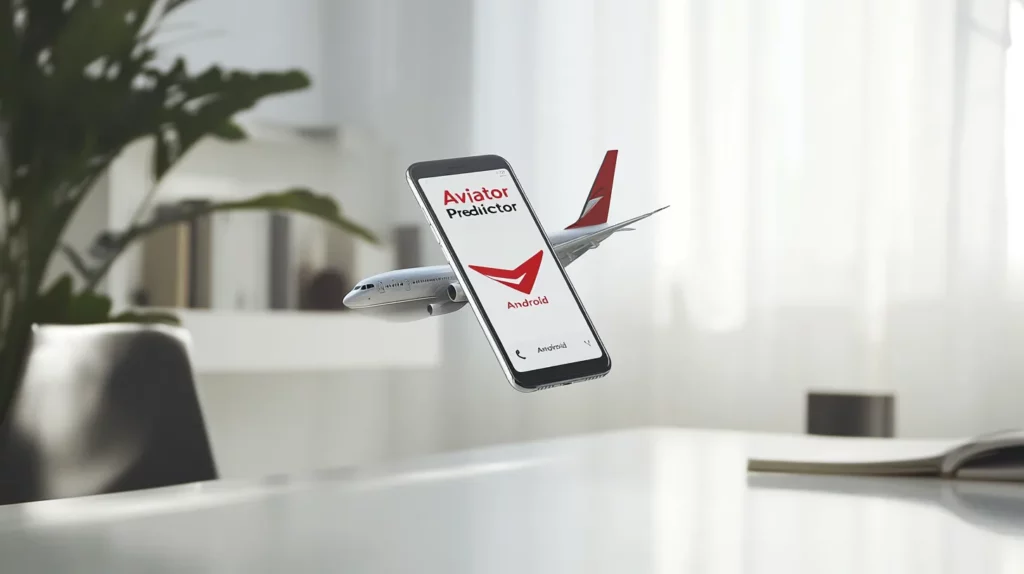In the digital age, the importance of maintaining a secure connection cannot be overstated. Whether for personal or professional use, the ability to confidently and safely enter online platforms is crucial. This section delves into the essential steps and best practices that ensure a seamless and protected experience when engaging with online services. Understanding the […]





